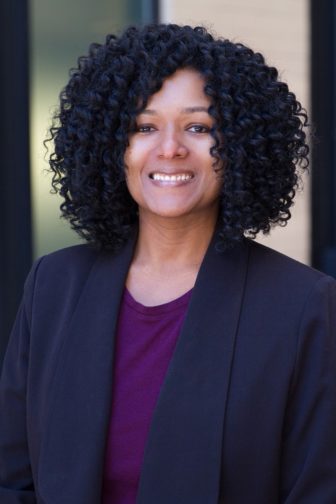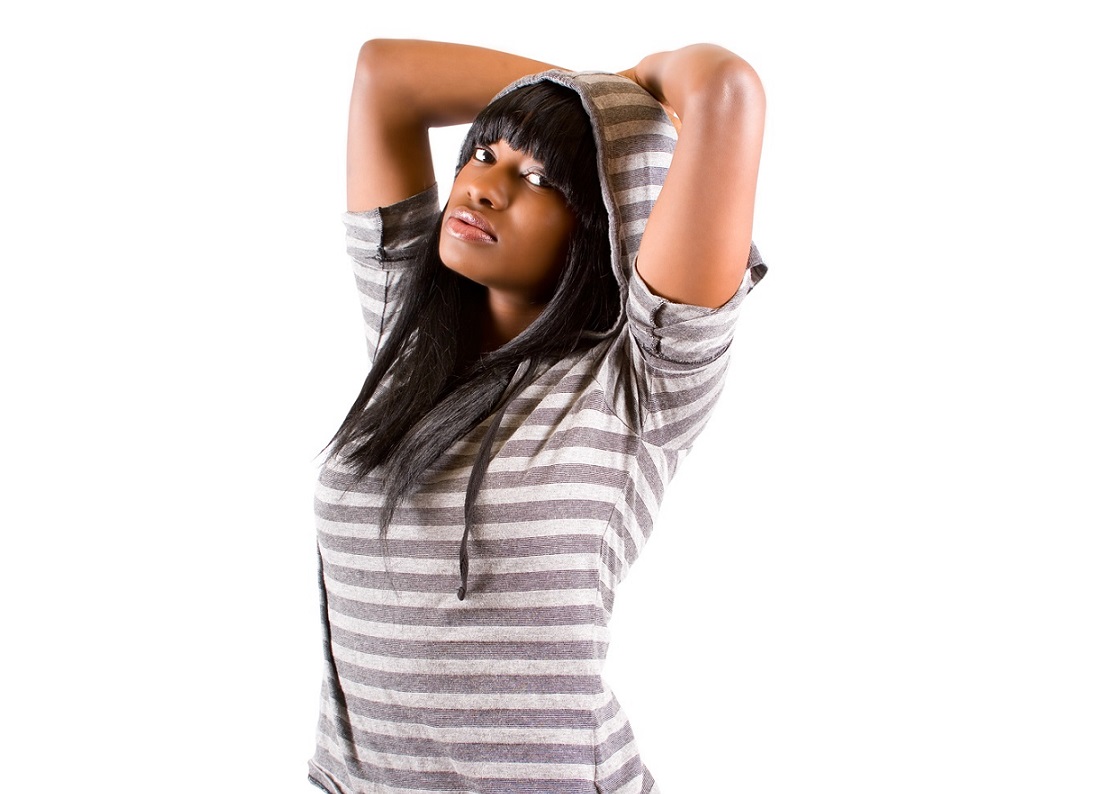As we work to keep youth out of prisons and ensure they are met with community-based services, we must remember our girls who are increasingly impacted by the juvenile justice system. Across the country, girls’ involvement in the justice system — from arrest to incarceration — has grown due to more aggressive policing of minor offenses, such as running away or missing school.
This carceral response disproportionately impacts girls of color and is made all the more troubling by the fact that the behavior for which girls are penalized is often rooted in their experiences of abuse and marginalization. Unfortunately, this holds true for girls in Washington, D.C., who have not escaped the impact of this alarming juvenile justice trend.

Cherice Hopkins
To highlight this trend, Rights4Girls and the Georgetown Juvenile Justice Initiative recently released a first-of-its-kind report examining girls’ increased contact with the D.C. juvenile justice system. Our report, “Beyond the Walls: A Look at Girls in D.C.’s Juvenile Justice System,” found that D.C. girls are increasingly being criminalized, in some regards to a greater extent than their peers in other parts of the country.
In the past 10 years, arrests of girls in D.C. has swelled by 87 percent while boys’ arrest rates have fallen. In addition, girls are being arrested at younger ages than boys (the majority of arrested girls are ages 13 to 15 compared to the majority of arrested boys, who are ages 16 and 17) and for less serious offenses. In fact, 86 percent of girls’ arrests are for nonviolent, nonweapons offenses.
Black girls disproportionately targeted
Overwhelmingly, it is black girls who are impacted by these punitive measures. Black girls are arrested at a rate 30 times that of both white girls and boys. They are also most often pushed into the deepest end of the system — comprising 97 percent of girls newly committed to the Department of Youth Rehabilitation Services — even though they pose no threat to public safety. Black girls’ high rates of justice involvement in D.C. is consistent with national research that black girls are the fastest-growing segment of the juvenile justice system. This disproportionate impact is especially startling in light of the fact that, over the years, black girls comprise a declining percentage of D.C.’s youth population.
These figures create a grim picture of how black girls are viewed and treated in the District. In D.C., girls of color are more likely to live in poverty, be pushed out of school and be disconnected from employment opportunities. Black girls, in particular, are more likely to have experienced individual or multiple adverse childhood experiences, including sexual abuse.
Yet too often racial and gendered attitudes cause their vulnerabilities and victimization to be overlooked. Instead, they experience adultification (i.e., get viewed as less innocent and having more adultlike qualities) and are criminalized for innocuous behavior through the “abuse to prison pipeline,” school pushout, crossover from the child welfare system and other pathways tied to their experiences of trauma and being pushed to the margins.
Our findings make it clear that juvenile justice reform is a racial justice issue that must contemplate the needs of black girls. When reform efforts fail to apply both a racial and gender lens, girls of color are adversely impacted.
To truly be effective, it is essential that girls are included in reform efforts to share their experiences in their own words and to assist in crafting solutions that address the root causes of issues that pushed them into the system to begin with. Though our findings provide a starting point to identify information and policy gaps that must be addressed to provide meaningful reform for girls, it is clear that D.C. can and must do better to keep vulnerable girls outside its juvenile justice system.
Cherice Hopkins is a staff attorney at Rights4Girls.

As a concerned social worker, author, girl’s empowerment expert, and, as the creator of the award-winning GOT IT GOIN’ ON® (GIGO/recognized by Oprah & ESSENCE Magazine) empowerment brand for girls of color, including the GIGO personal development handbook series, social-emotional learning program, and the GIGO Training & Licensing Conference (www.janiceferebee.com; http://www.gotitgoinon.com), I’d like to find out how my social enterprise can be more meaningfully engaged in this critical issue. Please let me know who to contact to explore the opportunities of be of greater service to our girls of color. SPEAK LIFE TO WOMEN & GIRLS!
The DC Juvenile Justice Advisory Group is focusing on the needs of female-identifying youth in the system as part of its key priorities this year following this crucial report from Rights4Girls and Georgetown. Thank you for the important work!